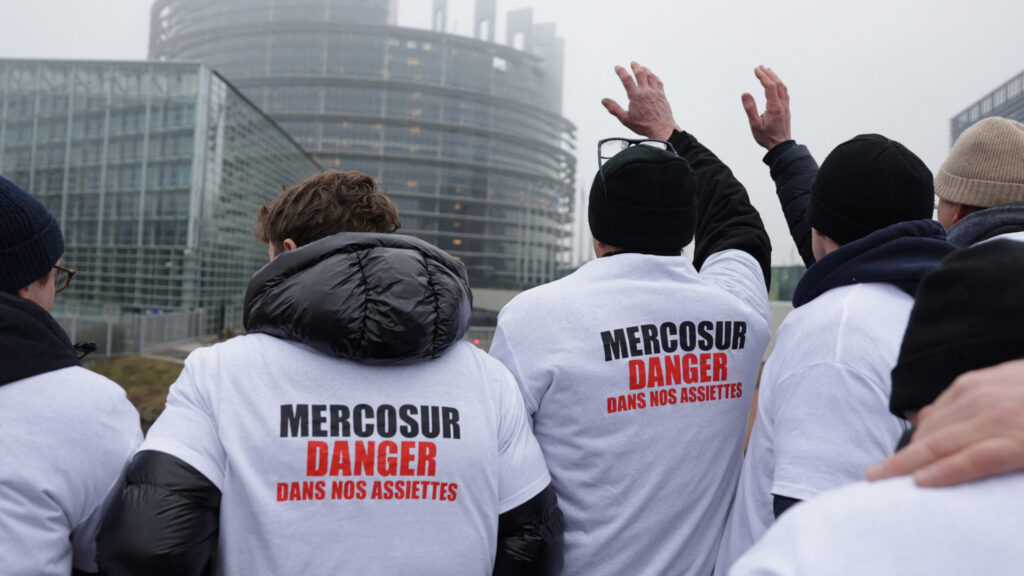
The European Parliament has voted by a razor-thin margin to send the EU–Mercosur agreement to the CJEU for a legal opinion—an outcome hailed by Hungary’s Csaba Dömötör as a Patriots for Europe-driven breakthrough for farmers. With only ten votes separating the sides, the Patriots’ bloc claims it tipped the balance against an EPP-backed push to fast-track the deal.
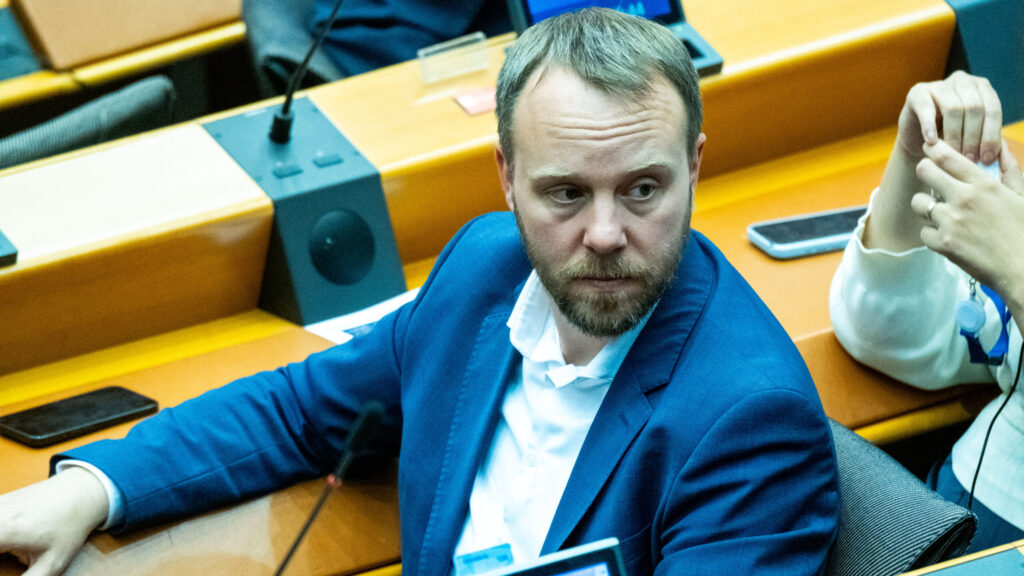
The European Parliament’s liberal–progressive camp has renewed attacks on Hungary after the Commission approved €16 billion in SAFE defence funding, with Green MEPs urging delays until after April’s election. Despite Kaja Kallas insisting funds will be audited, critics again weaponize the ‘rule of law’ to block Hungary’s military modernization and influence its election.
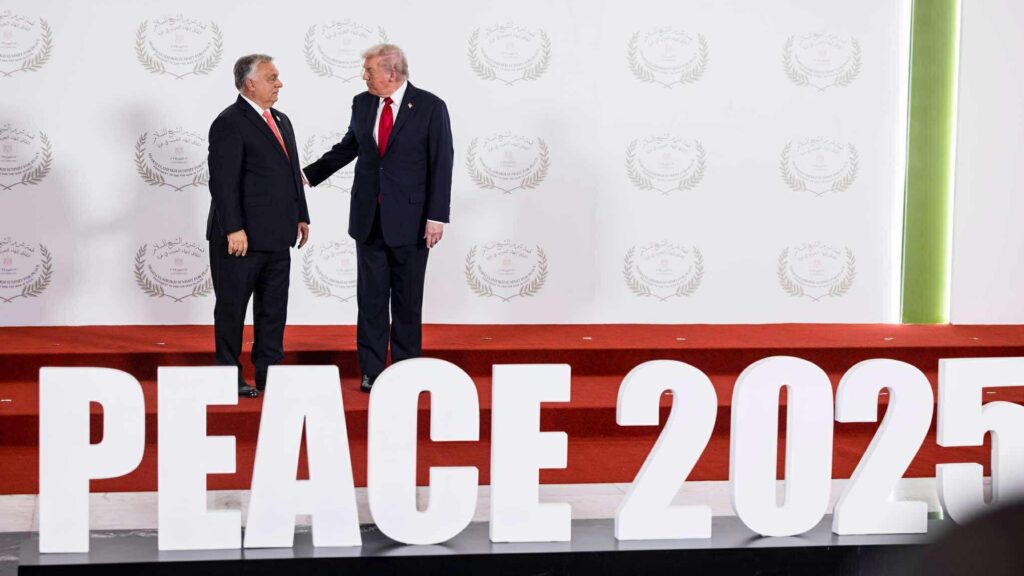
Hungarian Prime Minister Viktor Orbán’s invitation to Donald Trump’s ‘Board of Peace’ has sparked immediate controversy at home, after reports claimed Hungary would have to pay $1 billion for a seat. Yet the board’s charter states membership carries no financial obligation by default, with the billion-dollar contribution only offering an automatic extension beyond the standard three-year term.
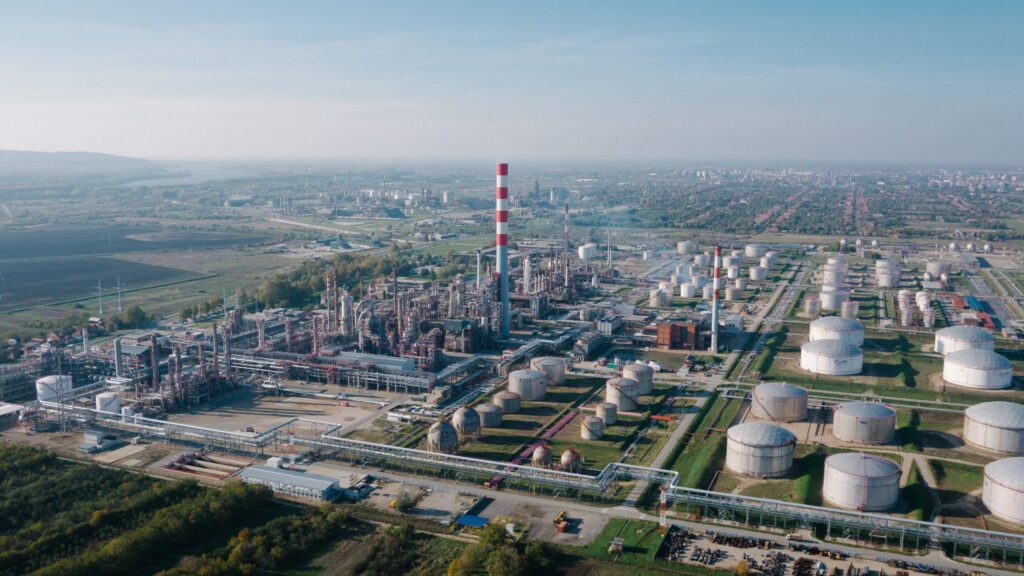
Serbia has struck a deal for Hungary’s MOL to buy the majority Russian-owned stake in national oil firm NIS, Energy Minister Dubravka Djedovic Handanovic announced. The terms will also be sent to the Trump administration, as Belgrade seeks to strengthen its position amid US sanctions on Russia’s energy sector and safeguard operations at the Pančevo refinery.

The Stek Oost experiment in Amsterdam was built on a progressive promise: coexistence between Dutch students and refugees would accelerate integration. But Zembla’s investigation suggests the reality was far darker, with students describing sexual assault, stalking, and repeated violence, while claiming their concerns were dismissed.
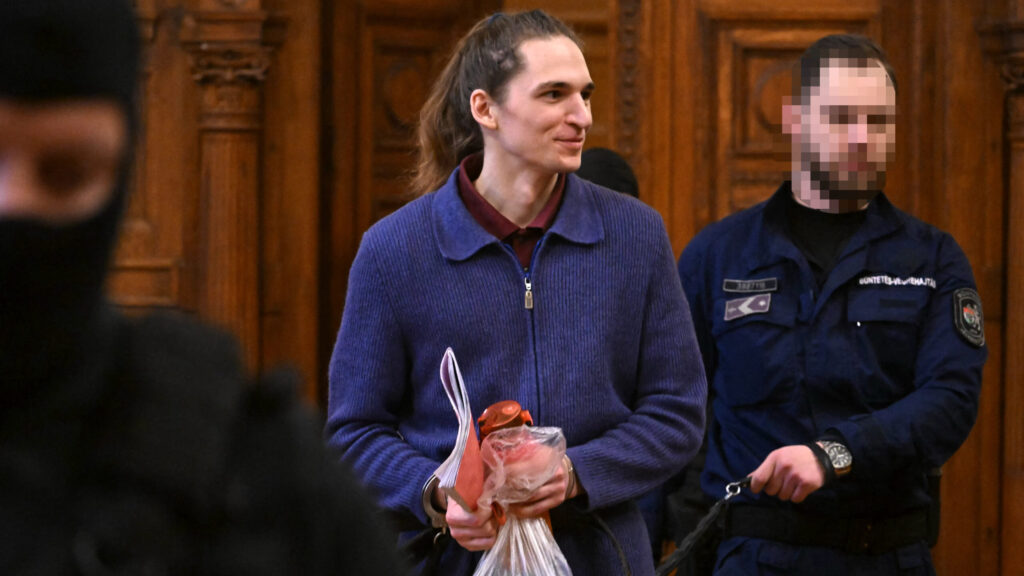
Deutsche Welle has published a propaganda interview whitewashing Budapest Antifa attack suspect Maja T. In the discussion, Maja T accuses the Hungarian government of influencing the courts and breaching European detention standards, while the victims of the 2023 attacks—including those beaten with iron bars—fade into the background.
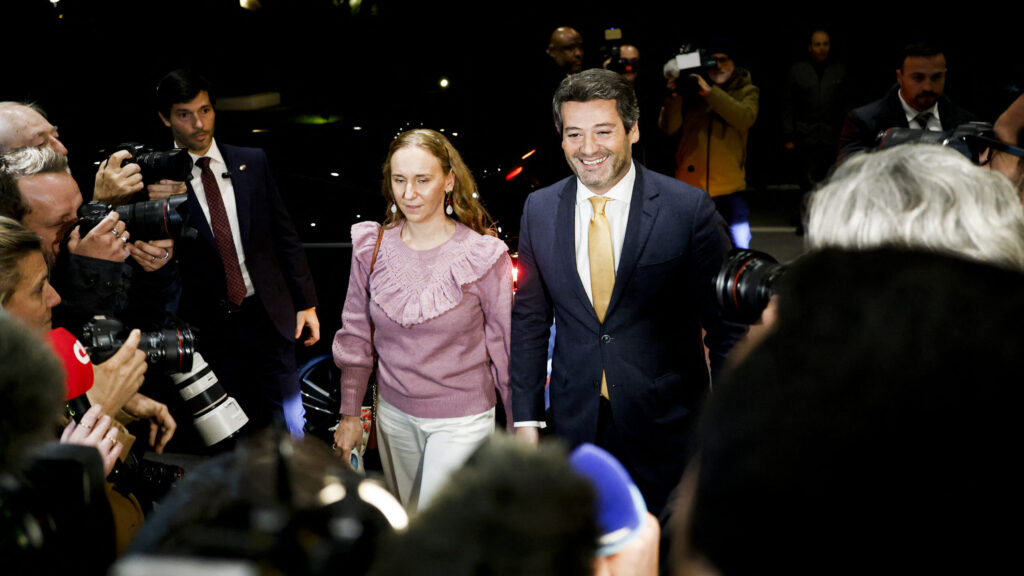
Portugal’s presidential election is headed for a run-off between right-wing, anti-immigration Chega leader André Ventura and socialist António José Seguro after the first round delivered a surprise Seguro lead with around 30 per cent, while Ventura secured 24.46 per cent with more than 93 per cent of votes counted.

Hull City Council rolled out Pathways, an anti-extremism game, hoping to steer students away from so-called ‘far-right ideas’. But it didn’t go as planned. The game’s goth character, Amelia, meant to be a warning sign for nationalism, quickly turned into an internet sensation. People turned her into a meme, showing how clumsy progressive messaging gets when it paints normal patriotism as a threat.
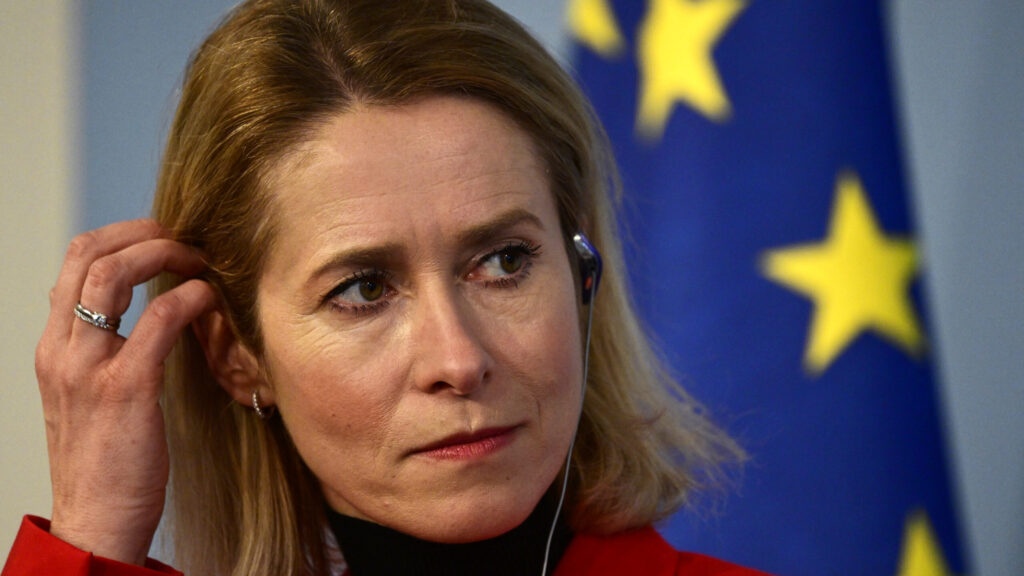
As the world order shifts at breakneck speed—from Donald Trump’s pressure on Denmark over Greenland to Washington’s operation against Venezuela—EU foreign policy chief Kaja Kallas offered European lawmakers an eyebrow-raising response: ‘start drinking’. The remark has become a symbol of Brussels’ paralysis in the new international environment, prompting Balázs Orbán to call for Kallas to resign.
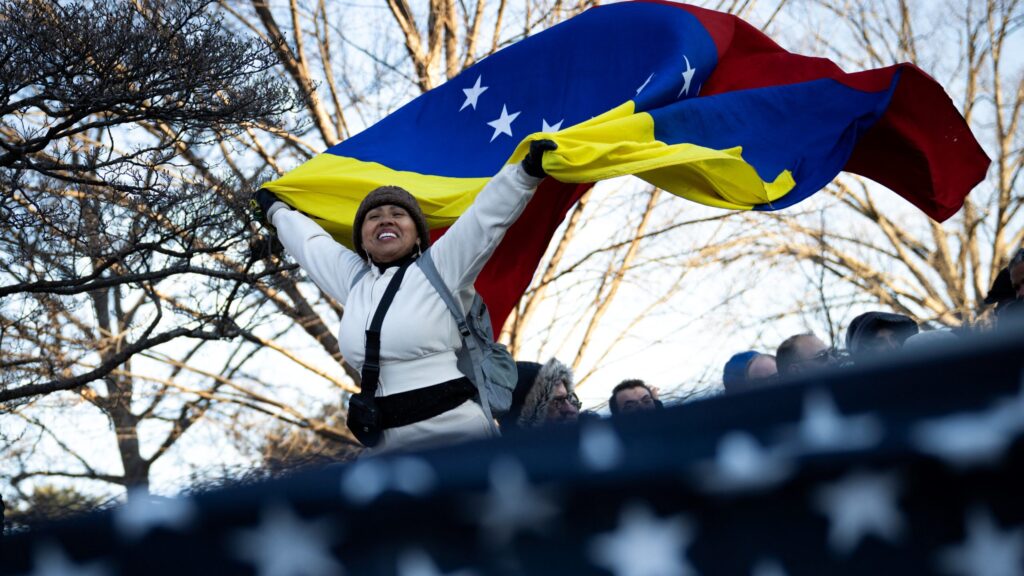
Another Hungarian citizen has been released from prison in Venezuela, Hungarian Minister for Foreign Affairs and Trade Péter Szijjártó announced on Friday, saying a detained Hungarian woman was freed in the presence of Hungary’s honorary consul in Caracas. Budapest coordinated the operation with the Dutch consulate and US authorities following a recent American action in the Venezuelan capital.
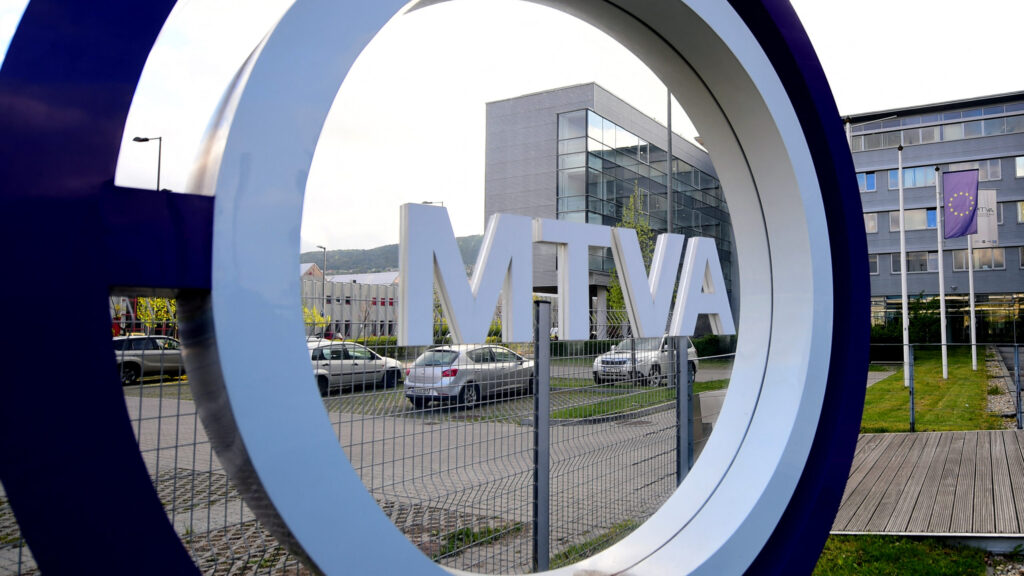
Hungary’s public broadcaster will set up a Public Media Election Office ahead of the parliamentary elections to oversee compliance with campaign advertising rules and the presentation of election-related content, Duna Media Service CEO Anita Altorjai said on Thursday. The seven-member office will monitor political ads and campaign coverage, coordinate with the National Election Office, and operate until the elections conclude.
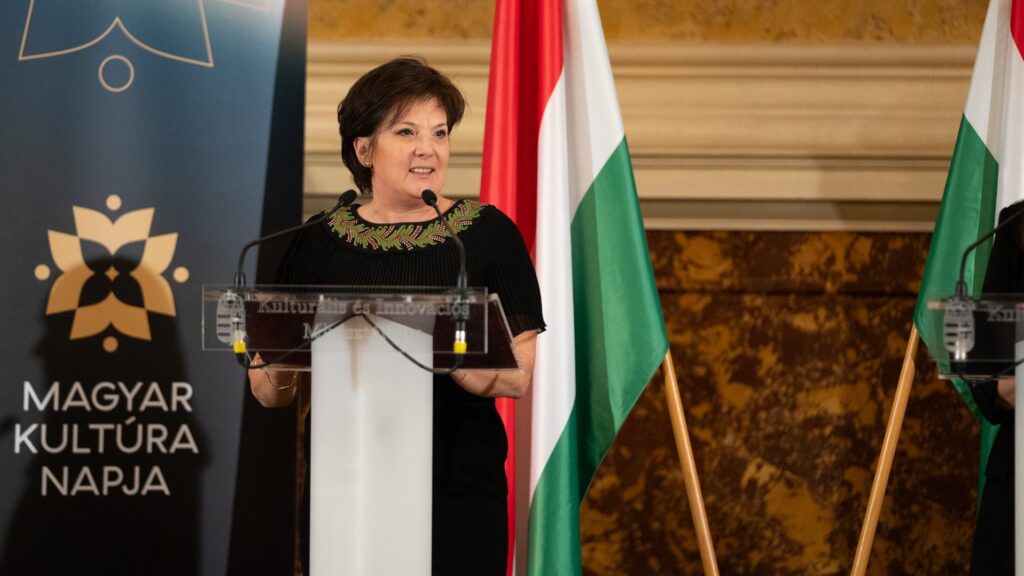
Hungary’s Day of Culture is set to become a week-long celebration from 2026, as the government launches a new Week of Hungarian Culture with an independent visual identity. State Secretary Magdolna Závogyán said institutions across the Carpathian Basin will welcome visitors throughout the week of 22 January, expanding the traditional one-day commemoration.
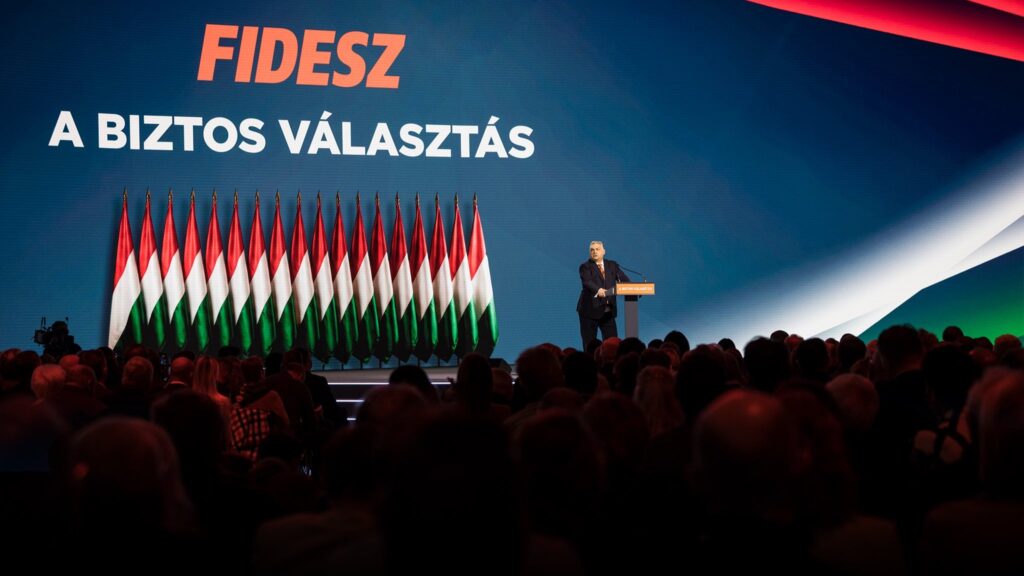
In a recently published analysis, POLITICO Brussels calls Hungary’s 2026 election the EU’s ‘most important’, while admitting that Brussels is invested in Viktor Orbán’s defeat. The piece frames Péter Magyar as a credible challenger and highlights how the EPP and Renew have embraced Tisza to ‘secure influence over Budapest’—as EU pressure on Hungary continues to mount.

Dutch right-wing commentator Eva Vlaardingerbroek has been barred from entering the United Kingdom days after criticizing British Prime Minister Keir Starmer on X. According to a notice she shared, her UK ETA was cancelled from 13 January because her presence ‘is not considered to be conducive to the public good,’ leaving her with no right of appeal.
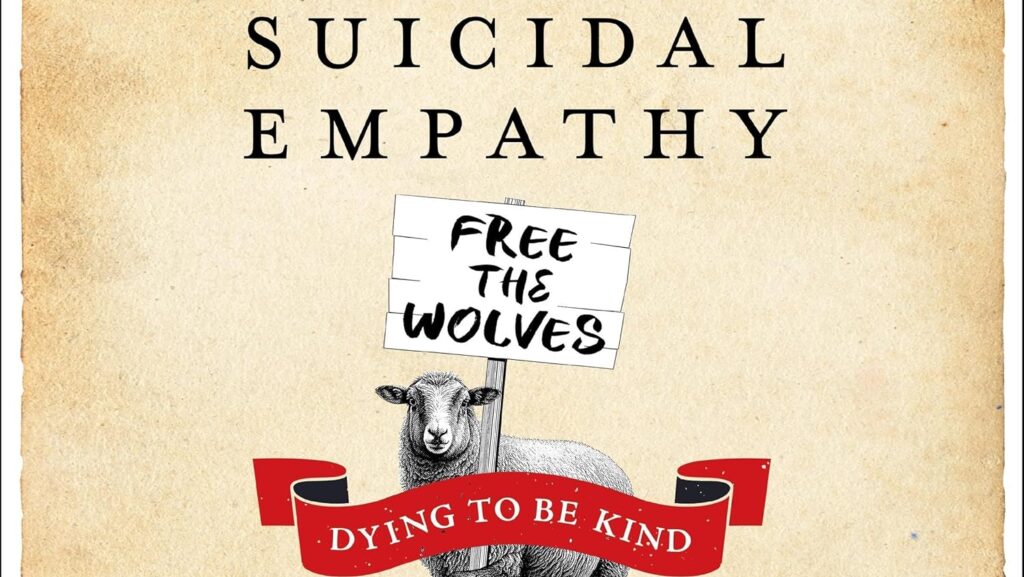
Canadian conservative philosopher Gad Saad has announced the launch of his sixth book, Suicidal Empathy: Dying to be Kind, now available for pre-order. In the book, Saad argues that ‘empathy politics’ has become a destructive force in the West, inverting moral priorities by protecting criminals over victims and privileging illegal migrants over citizens in the name of compassion.
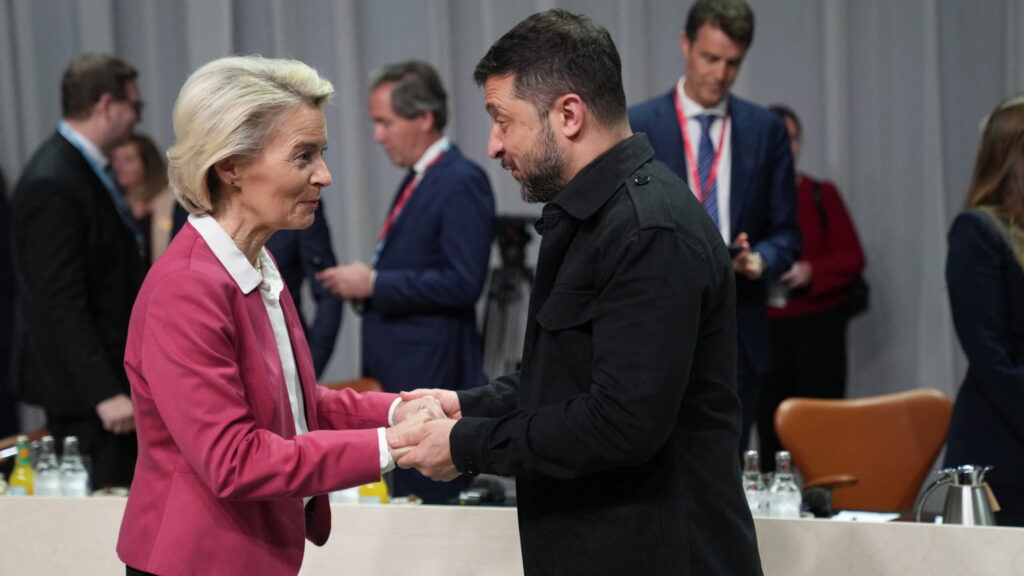
Hungary’s Ministry for European Union Affairs has warned that Brussels’s expanding financing plans for Ukraine could translate into major budgetary pressure, reduced EU funding, and new policy demands hitting Hungarian households. European Affairs Minister János Bóka said the Commission’s approach points to ‘tax increases and cutbacks’ at home.
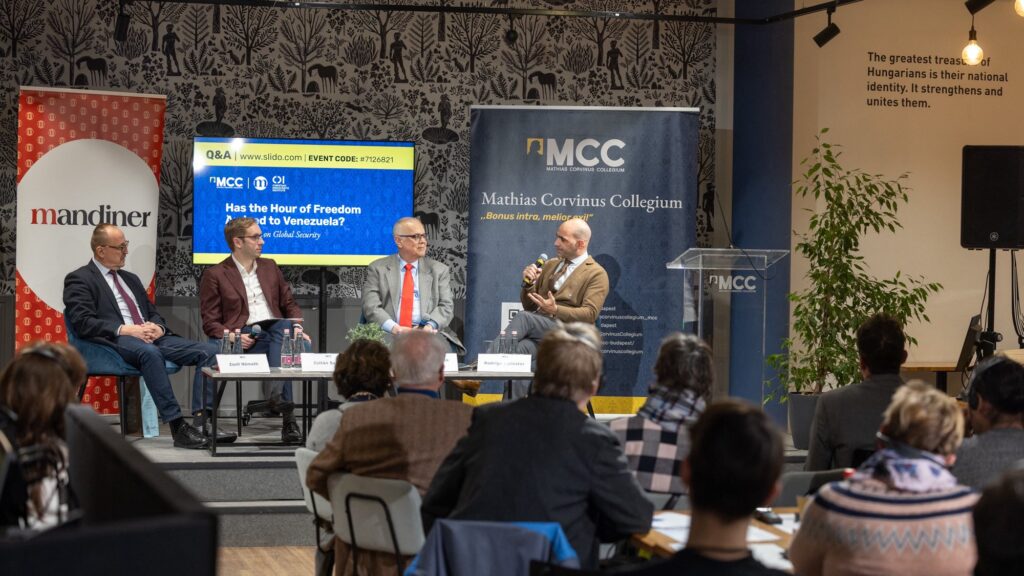
The US arrest of Venezuelan President Nicolás Maduro has sparked global controversy over sovereignty and interventionism. Budapest-based Mathias Corvinus Collegium organized a high-level panel featuring Venezuelan opposition figure Alejandro Peña Esclusa to examine the operation’s impact on Venezuela, as well as its regional and international implications.
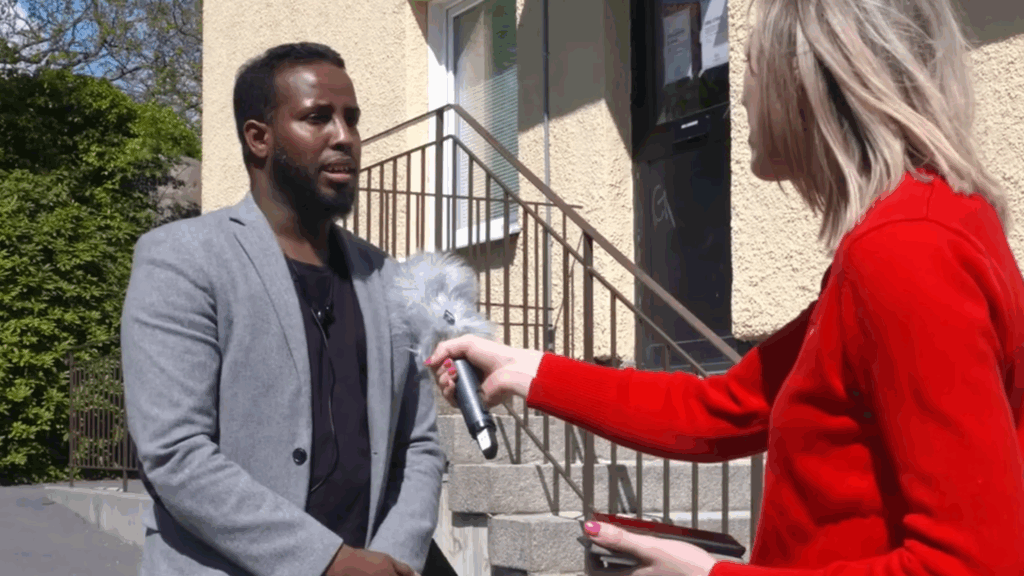
Swedish journalist Isabelle Eriksson says the Minnesota Somali fraud scandal is not an American exception but a familiar model she has investigated in Sweden: taxpayer-funded associations, phantom programmes, fake staff identities, and millions disappearing without consequences.
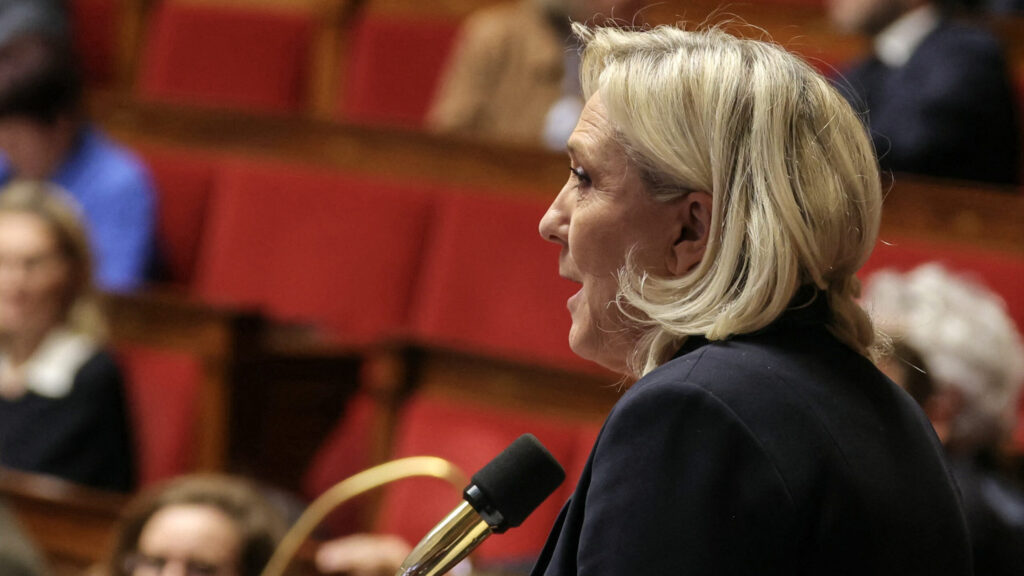
Marine Le Pen returns to court on 13 January as her appeal trial gets under way, challenging a conviction that bars her from holding public office for five years. At the centre of the case is whether the sanction is proportionate to the offence she was found guilty of.

Hungary’s economy is often labelled small, yet new analysis suggests this perception is misleading. A study by the Oeconomus Economic Research Foundation shows that Hungary’s total economic output matches the combined GDP of several sovereign states, highlighting the country’s real economic weight in a global context.

Hungarian Prime Minister Viktor Orbán has unveiled a generational renewal within the governing Fidesz–KDNP alliance ahead of the 2026 parliamentary election, announcing that 41 new candidates will join 65 returning MPs. Speaking at the party’s congress, Orbán framed the upcoming election as decisive for the future of Hungary.
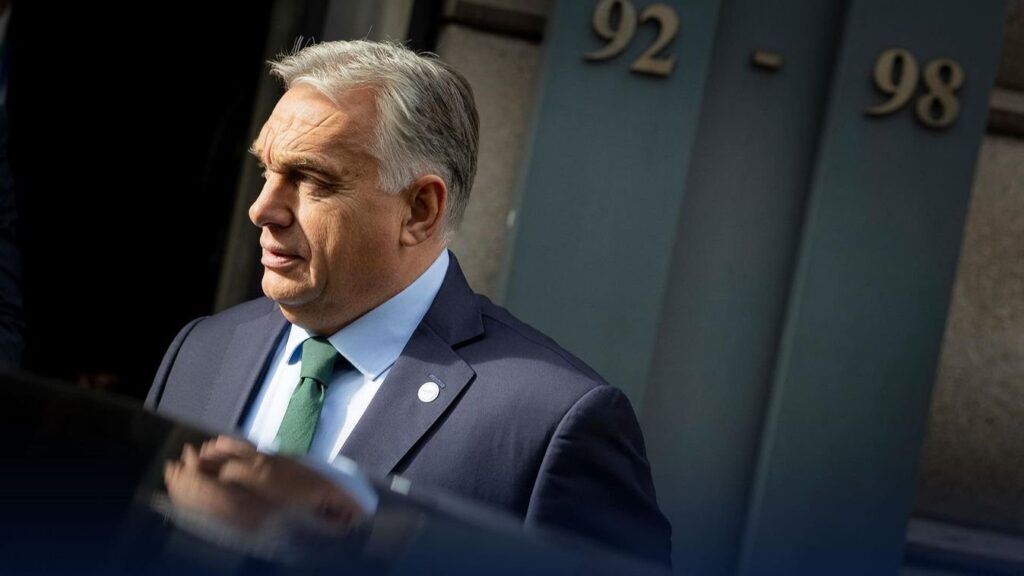
Hungarian Prime Minister Viktor Orbán has received public backing from a dozen foreign leaders, political figures, and celebrities ahead of the parliamentary election in April. Prominent figures from across Europe, Israel, and Latin America have voiced their support, framing the vote as a decisive moment for national sovereignty, migration policy, and Europe’s broader political future.
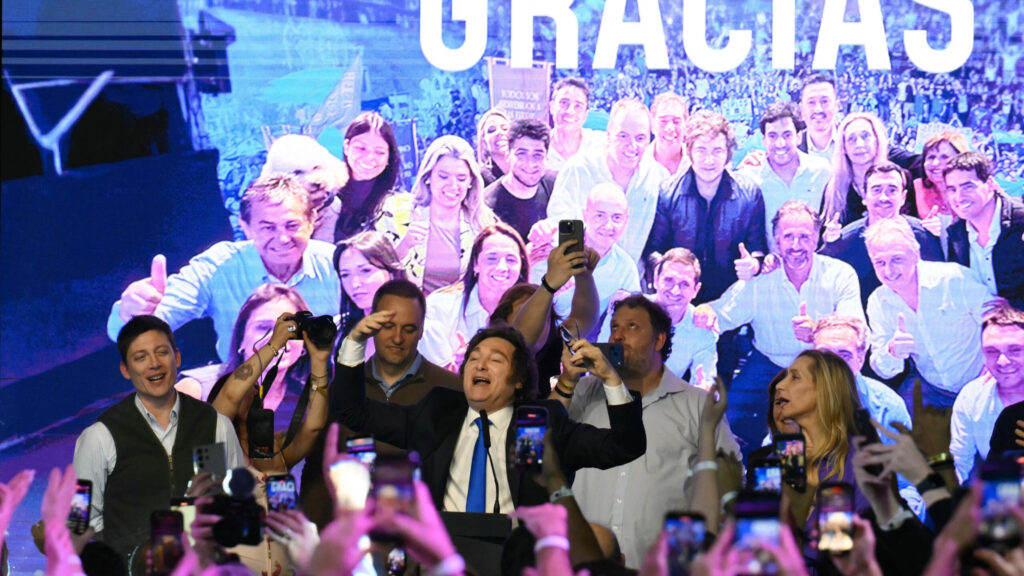
Argentina has repaid the full $2.5 billion drawn under its currency swap agreement with the United States, a move praised by Washington as proof of Buenos Aires’ improved financial stability. Hungary is negotiating a similar arrangement with Washington ahead of the parliamentary election in 2026, positioning an American swap line as insurance against market turbulence and political risk.
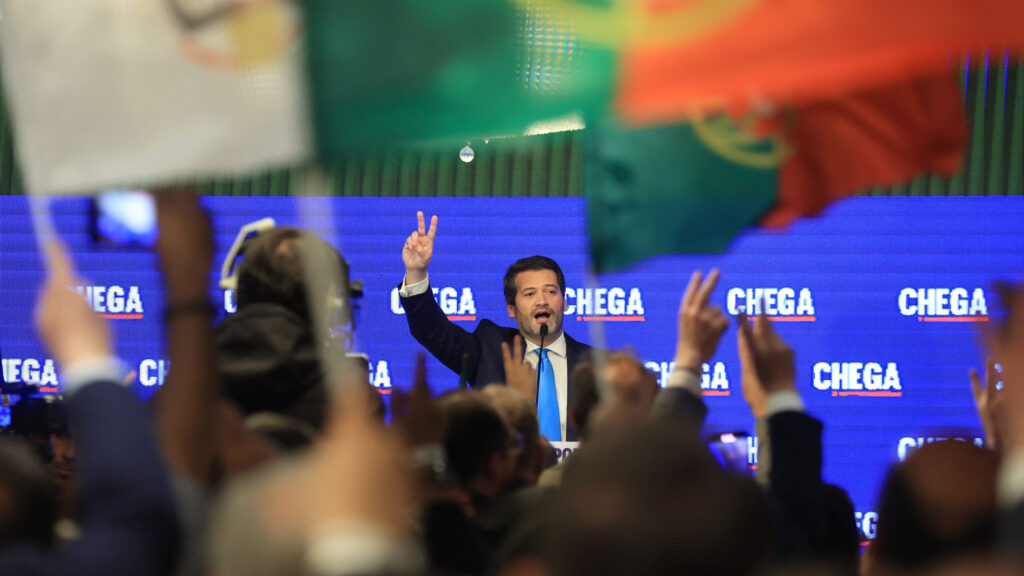
As Portugal prepares for its seventh election in just three years, the presidential contest is shaping up as a defining test for the country’s political future. With polls showing a near-certain run-off, Chega leader André Ventura has emerged as the frontrunner, signalling a further collapse of the traditional parties’ grip on power.

Abu Dhabi has imposed restrictions on scholarships to UK universities, warning of the risk of Islamist radicalization among Emirati students studying in Britain. The United Kingdom was deliberately omitted from the UAE’s revised list of approved foreign universities, underscoring deepening concern over Muslim Brotherhood influence on campuses.
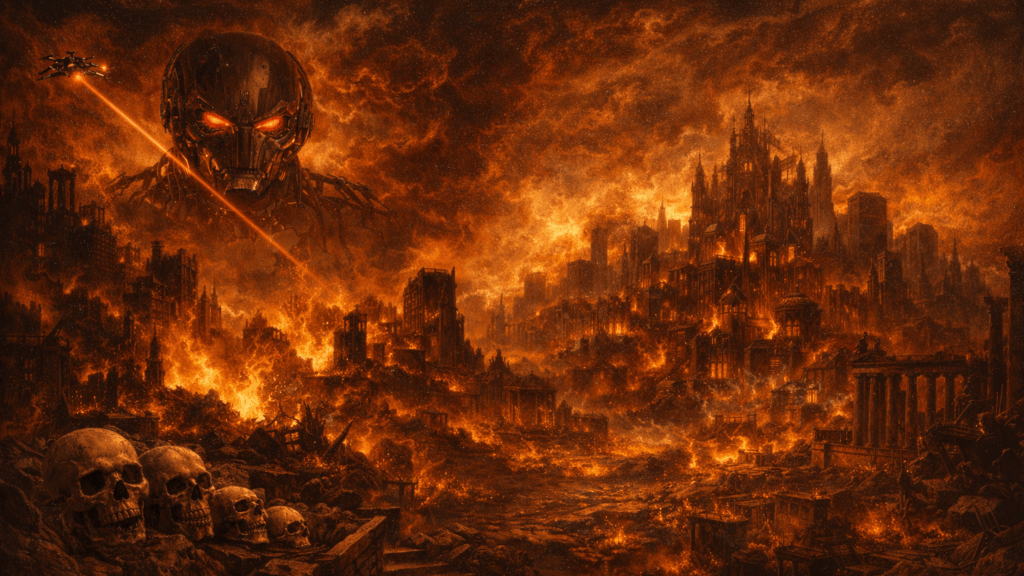
Humanity may have gained a few extra years. The AI Futures Project, led by former OpenAI researcher Daniel Kokotajlo, has revised its forecast for superintelligent AI, concluding that the technological breakthroughs once expected by 2027 are now more likely to arrive in the early 2030s.
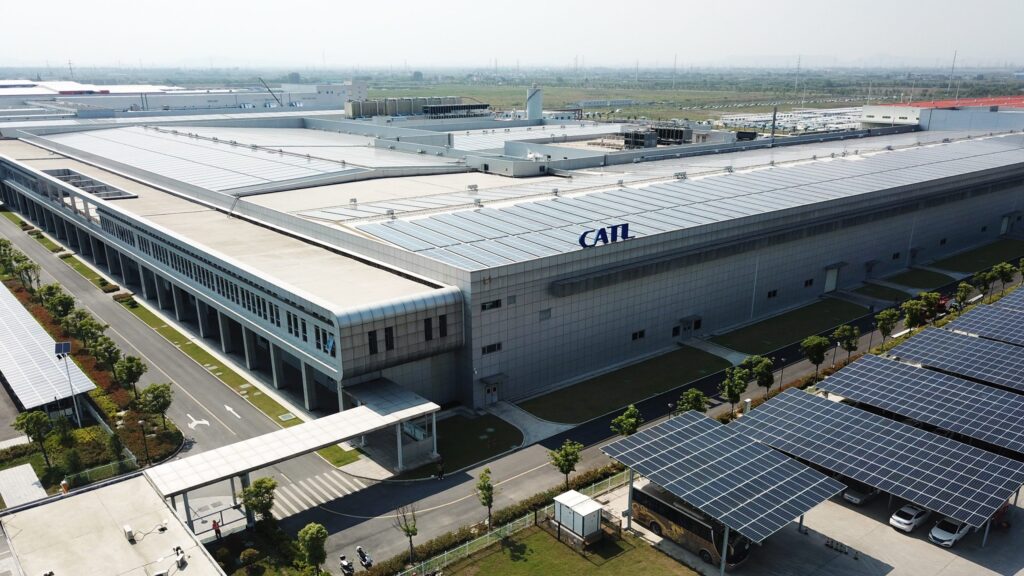
Hungary signed a record 108 new investment agreements last year, with projects worth more than €7 billion set to create over 18,000 jobs nationwide, according to government commissioner István Joó. The figures mark the strongest investment performance in Hungary’s history, despite global crises and the economic fallout of the Ukraine war.
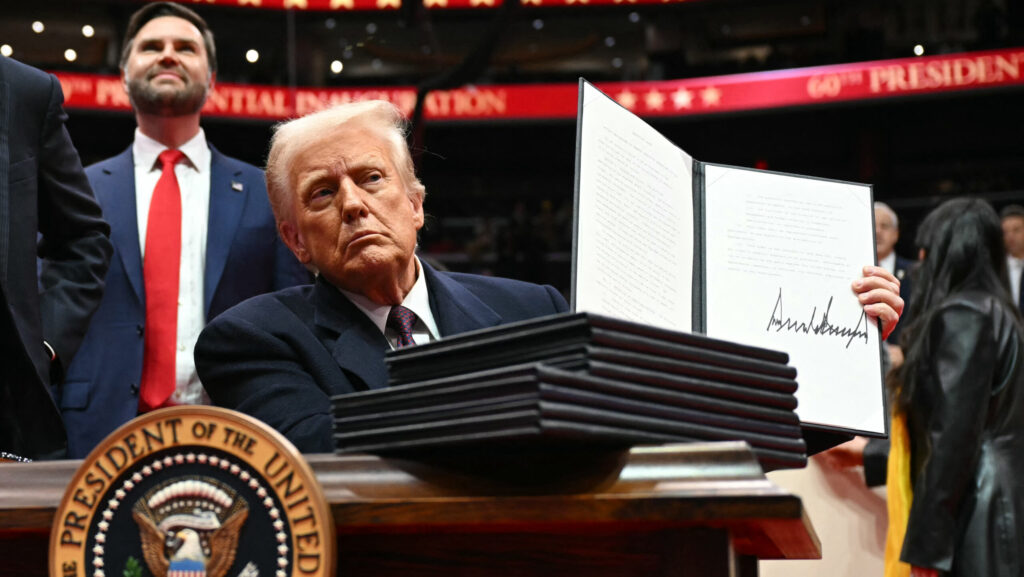
The United States is withdrawing from 66 international organizations and bodies after President Donald Trump signed an executive order halting American support for institutions deemed wasteful, mismanaged or hostile to US interests. The decision deepens Washington’s turn away from global governance frameworks and delivers another blow to the diminishing liberal world order.

The world that emerged after the Cold War is fading fast. As 2026 begins, a less ideological, more power-driven international order is taking shape—what Viktor Orbán has described as the ‘age of nations’. Recent US actions, shifting alliances and the decline of liberal norms reveal the defining features of this new global reality.

The death of Hungarian world champion sprint canoeist Miklós Dudás has taken a disturbing turn after Budapest police opened a criminal investigation into suspected bodily harm resulting in death. New autopsy findings have raised serious questions about the circumstances surrounding the 34-year-old athlete’s sudden passing.